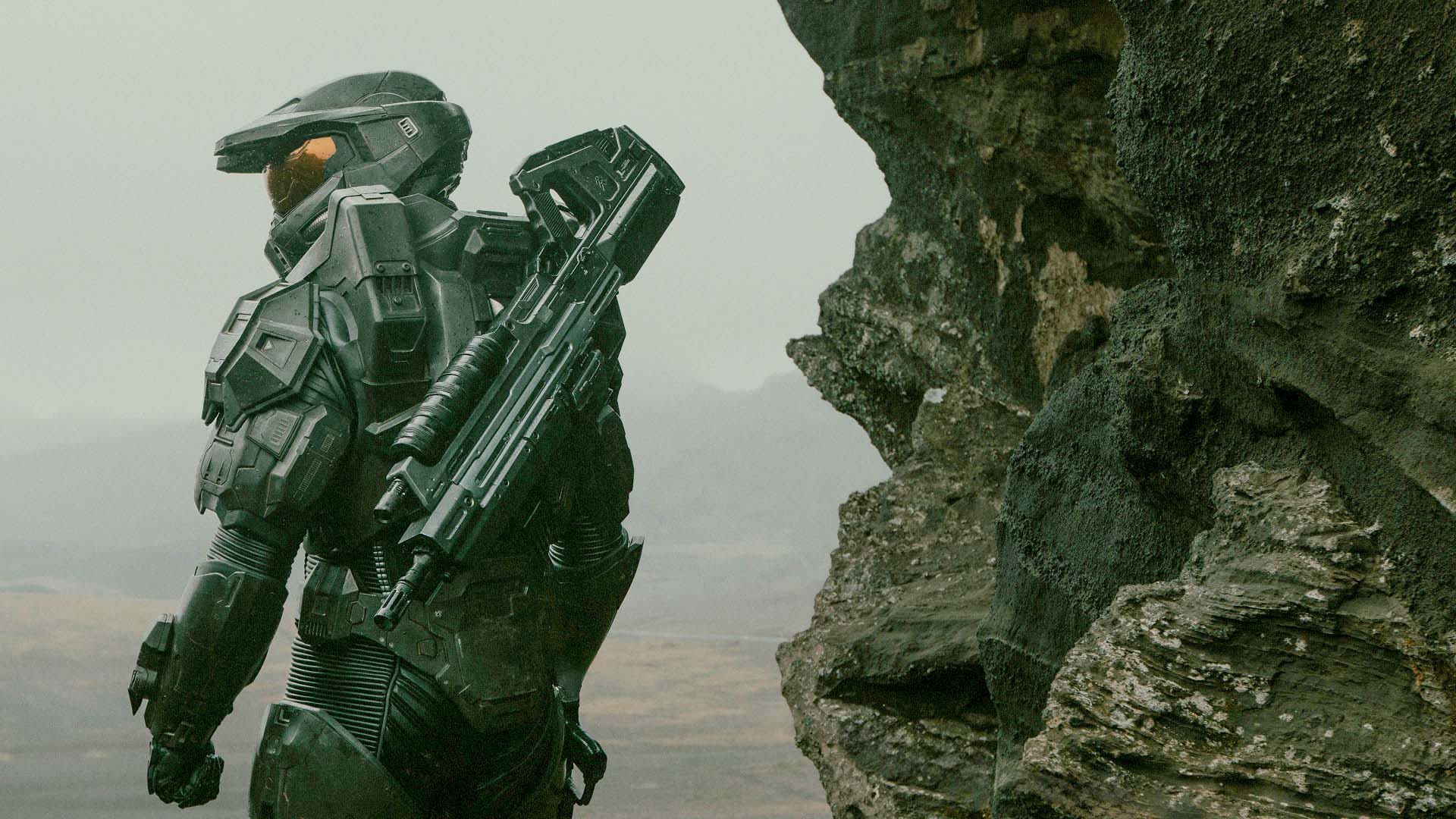
"Crisis."
So says David Wiener, new showrunner for Halo The Series Season 2, when I ask him what single word he'd choose to describe this season's story arc. I recently had the chance to speak with some of the team on Halo The Series Season 2, with actors Bokeem Woodbine (Spider-Man: Homecoming, Fargo, Queen & Slim) and Joseph Morgan (The Vampire Diaries, Brave New World, Ben Hur) sharing insights into their characters, while Wiener and Microsoft head of transmedia Kiki Wolfkill talked about what's different with this new season.
Note: Some spoilers for Episode 1, Sanctuary, and Episode 2, Sword, are discussed in this interview. If you haven't yet, be sure to watch those episodes, which are both available now via Paramount+.
Hitting the ground running
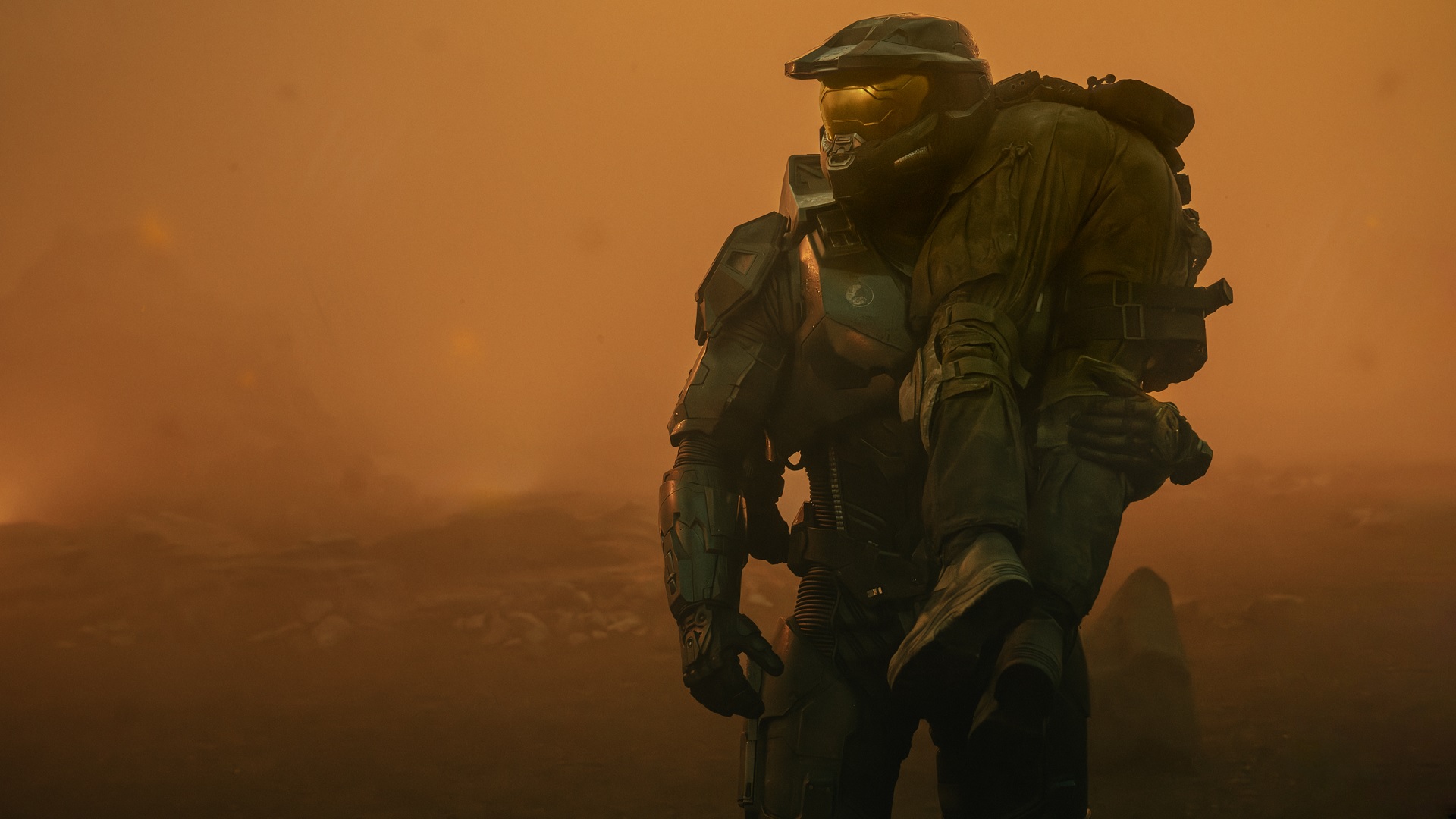
With a second season, a lot for Halo was already established, but that doesn't mean there aren't big changes. New additions to the cast mesh with the existing roster, while having a new showrunner take the reins means a new tone for the series.
"The tricky part was choosing which opportunities to pursue," says Wiener. "Season 1 gives us some really great places where these characters land, and it was up to me and the writers to say 'Okay, which of these is most compelling? Which of these feels most emotional? Which of these feels most in the spirit of Halo? And how can we make these things that may feel like endings in Season 1 actually beginnings of arcs in Season 2?'
"[The production of] Season 1 went over such a protracted period of time, I've learned a ton. I would say we as a whole crew, 1,100-plus people, learned a ton about what it takes to make the show. Film and TV is so hard, especially with this series, which feels like we're making literally four feature films in a row when we create a season, in terms of the scope and scale," adds Wolfkill, who also credits Wiener with a bringing a "really specific vision" for the story of Halo.
Season 2 is all about disruption
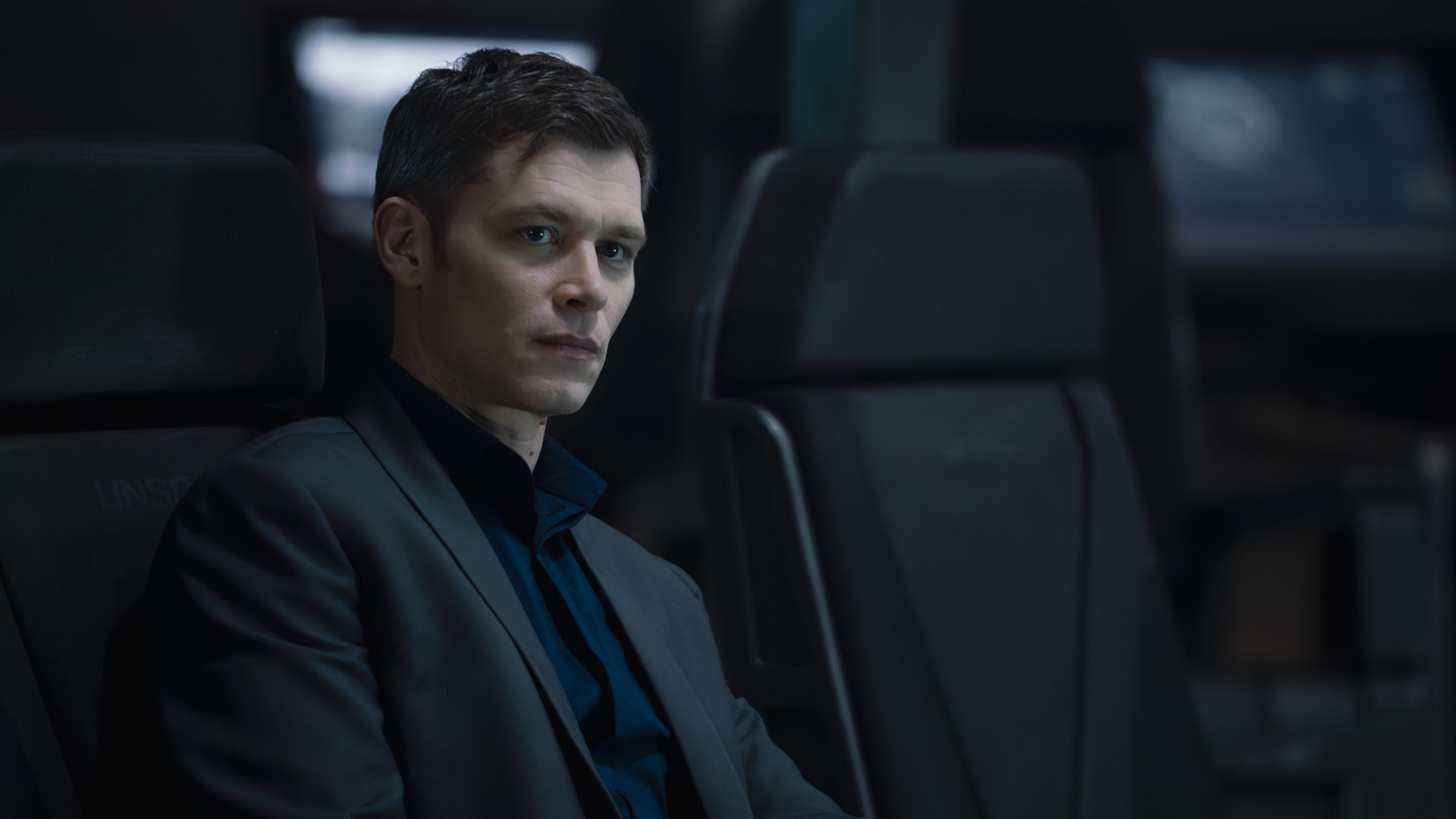
The events of Halo's Season 2 are shaking things up and disrupting the established hierarchies, with James Ackerson of ONI taking over the Spartan program. Meanwhile, longtime deserter Soren has been captured, leading to a power vacuum on The Rubble. When I ask Wiener if this theme was an intentional choice, he's quick to affirm it was.
"Yeah, I mean I think that's pretty keenly observed, it's an important thread and theme of the whole season, that you have power dynamics that are beneath the conduct of the war, beneath the existential stakes. You meet these characters at a moment of great change, and that allows us to see into them in a way that we haven't yet," he says.
You meet these characters at a moment of great change, and that allows us to see into them in a way that we haven't yet.
David Wiener
"We get to know them differently, it gives us slightly different optics. And ultimately, it makes it so the arc of the season is taking these characters that we're learning about dimensionally, and executing that change, and having them arrive in a place that is a little more familiar to us, but is still connected to that theme of 'What is it to be a soldier? What is it to fight? Why do you fight?'"
Actor Joseph Morgan is a newcomer for the second season, but in playing ONI liaison James Ackerson, he doesn't take long to assume direct control of how everyone is operating on Reach. Morgan — a longtime fan of the games and world of Halo — was brought in by Wiener specifically because the two had worked together in the past. Timing was tight, to the point that Morgan actually missed the initial script read for the first couple of episodes, something that seems to have worked to his advantage.
"So my first scene in Halo was my first scene in the [first] episode, where Ackerson's introduced and he walks on and I have about a three-page monologue, telling them how I'm gonna change the program that they all believe in and how we're gonna do things my way now but it's all gonna be fine and sort of reassuring and yet showing them I am the new boss," he explains.
"And so I thought 'The only thing to do here is to really try and play into that dynamic,' and you know, that's gonna take confidence. So my main thing was to try and feel as relaxed and confident in that moment as possible. Everybody was very welcoming, and very giving as actors, which is not always the case when you come onto a show, especially an established show."
I knew that Pablo and the entire team felt like Season 2 is a chance to make the show that we want to make, the show that we want it to be, the Halo that we see.
- Joseph Morgan
Morgan goes on to praise the performances of his castmates, notably calling out the energy of Pablo Schreiber, who portrays Master Chief, adding "I knew that Pablo and the entire team felt like Season 2 is a chance to make the show that we want to make, the show that we want it to be, the Halo that we see."
"For me, I try to just feed off that confidence that they gave me and that I could find in myself to come in and catch people off guard. And I wanted to play a bit as well. I wanted to try things in different ways so that he was a little bit unpredictable, so that people might not be quite ready for how he's gonna do things, and a little bit of improvisation just to keep people on their toes because I think that's what his character does."
In one early confrontation between Ackerson and Master Chief, I noted that the higher the tension rose, the more comfortable Morgan seemed to be. He confirms that this was a conscious choice.
"The temptation as an actor is always to feed off the energy that the other actor is giving you, to play that same energy, and so for me as an actor, it's always much more interesting to try and shift the dynamic, so now I'm changing the energy in the room each time, and that way you're catching people off guard," Morgan says, adding that the height difference between him and all the actors playing Spartans meant finding different ways to "cut underneath" them.
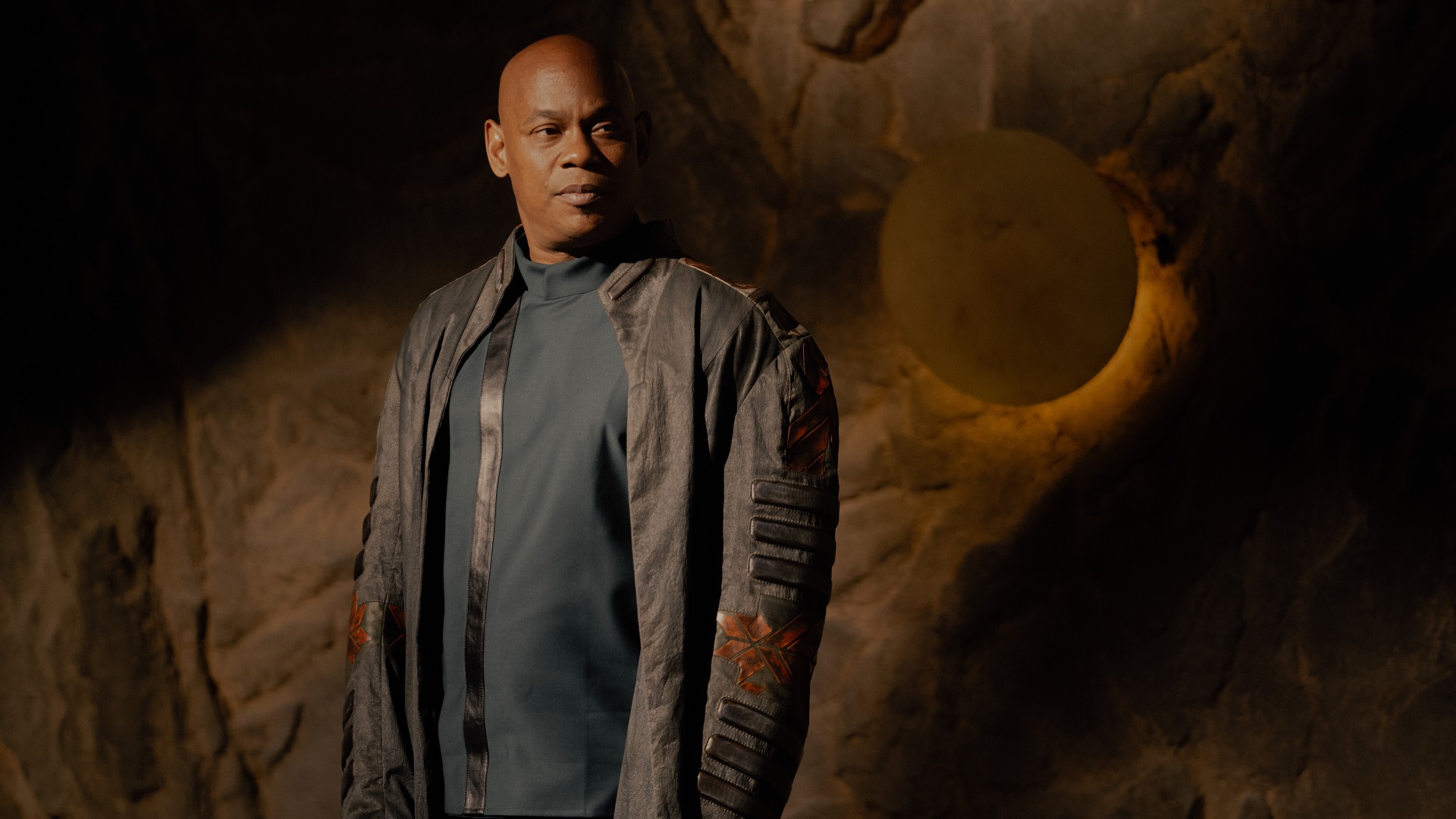
For Bokeem Woodbine, who returns as Spartan defector Soren, the role is like a "second skin," with his challenge being to show how the character is changing and perhaps getting more comfortable over time when he shouldn't be.
"Most people change – whether or not they realize it – over time. Incrementally, imperceptibly, you’re changing because you’re experiencing things. Might even be the same thing, but even just experiencing the same thing time and time again, will change you. So I had to try and track what were the changes, and how to be cautious so that I wasn’t overconfident about what I know about. I didn't want to cheat the audience or myself," he says, adding that Soren is now in a place where he feels like he can relax since he has nothing to prove.
"When you're in the line of work that he's in, that sense of 'Let's coast for a bit'...that's a dangerous mindset to have. Cause people sense that. He's not as hungry as [he] used to be."
Despite that increasing complacency, Soren is lured out in the hopes of capturing Doctor Halsey. Reading his motivations is difficult at the best of times, but for Woodbine, it's a multifaceted compulsion.
"It's just one of his many flaws, man. He wants some kind of redemption and revenge at the same time," Woodbine says. "There's plenty of people who will say 'I don't like this group of people, this particular person, these folks or whatever' but then they will put effort into proving to the same group of people that they say they don't want anything to do with, how great they are."
Building up to the fall of Reach
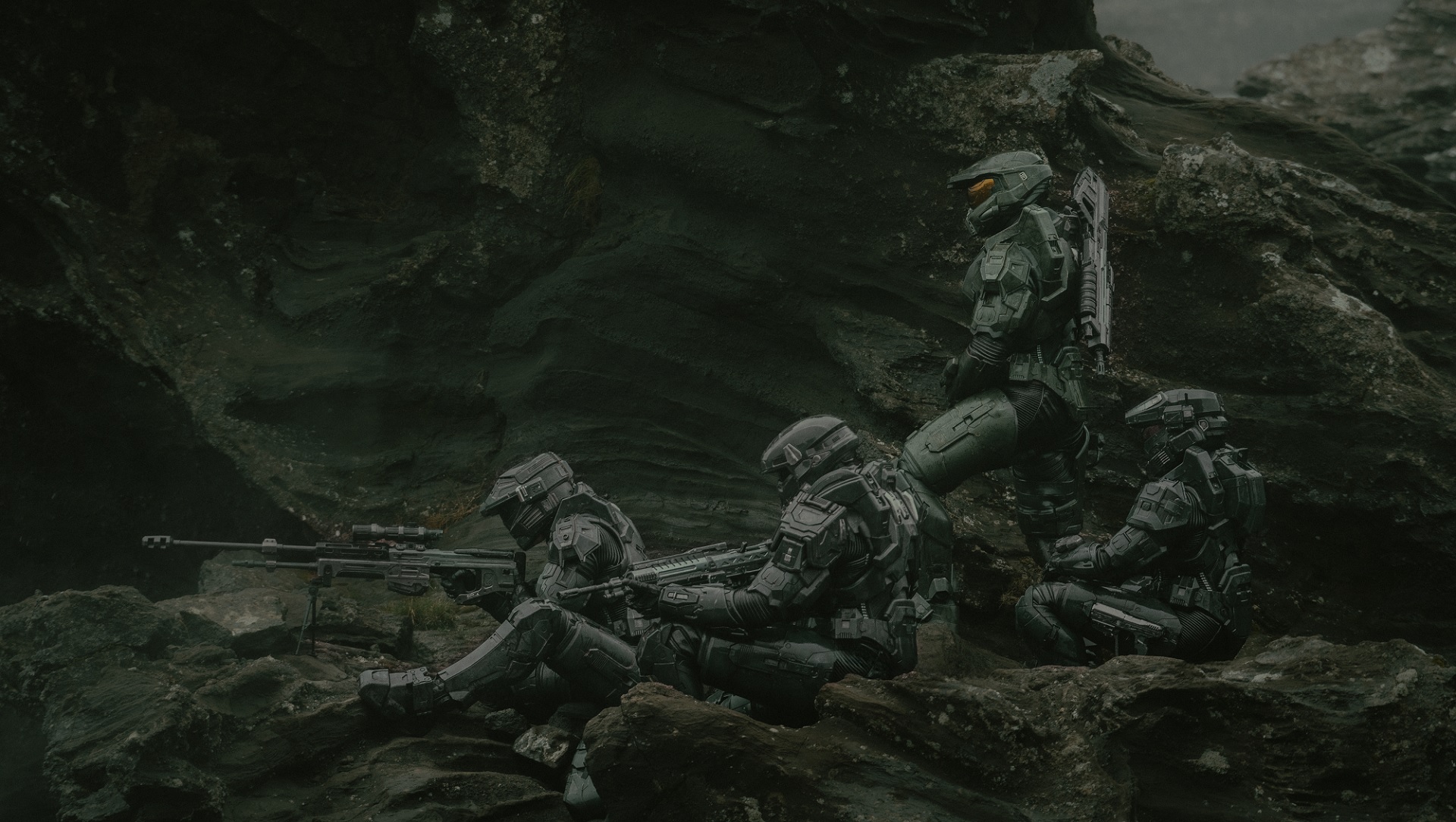
The marketing for the second season of Halo — as well as the events of the first two episodes — point unsubtly toward one of the biggest events in the Halo timeline, with humanity taking a massive blow at the fall of Reach. When I asked how the team is going about adapting this for the Silver Timeline of the show, Wolfkill and Wiener indicated that it's a balancing act of respecting what came before while finding new angles.
"What happens on Reach is such a pivotal moment in Halo history, but also such an important game moment. We all have our memories of playing Halo: Reach," says Wolfkill. "How do you distance yourself a little bit from the experience of having played through Reach? Because that's such a sacred experience. At the same time, respect what Reach is about, and that event is very much about humanity on its last foot, and what we get to do is be able to really show what it is to be on the ground in that experience, separate from the experience we had with Noble Team in Halo: Reach."
For Morgan, that sense of impending doom is driving his character. Ackerson is cast in an antagonistic role toward the Spartans, but not necessarily a villainous one.
...With everything you have surmised about the character in the first two [episodes], I'm going to enjoy seeing it bend out of the way that you thought it was going to go."
Joseph Morgan
"I see that Ackerson absolutely, unequivocally has the good of humanity as his goal. The survival of the human race is the only thing that matters to him. That means that a lot of decisions are gonna have to be made for the greater good. He knows he's coming into a situation where he is the new guy, and he knows he's going to make a lot of unpopular decisions. But all he is concerned with is how to get each person, each piece in this game in line so they do what he needs them to do, because he knows he is right, he knows that his way is the way that things need to be done for the greater good," he says.
"And there's a tremendous amount of pressure on him, perhaps the fate of the entire human race, and so he really has to find ways to manipulate, to puppeteer situations, so that people will ultimately follow his plan, whether they know it or not, whether they like it or not, they're going to fall in line. That's his agenda."
When I ask Morgan what single word he'd choose to encapsulate Ackerson's story arc this season, he thinks for a moment before responding with "Unpredictable. Because with everything you have surmised about the character in the first two [episodes], I'm going to enjoy seeing it bend out of the way that you thought it was going to go."
Episodes 1 and 2 of Halo The Series Season 2 are now available exclusively on Paramount+, with new episodes dropping every Thursday. Right now, Xbox Game Pass Ultimate subscribers can try one month of Paramount+ for free.







